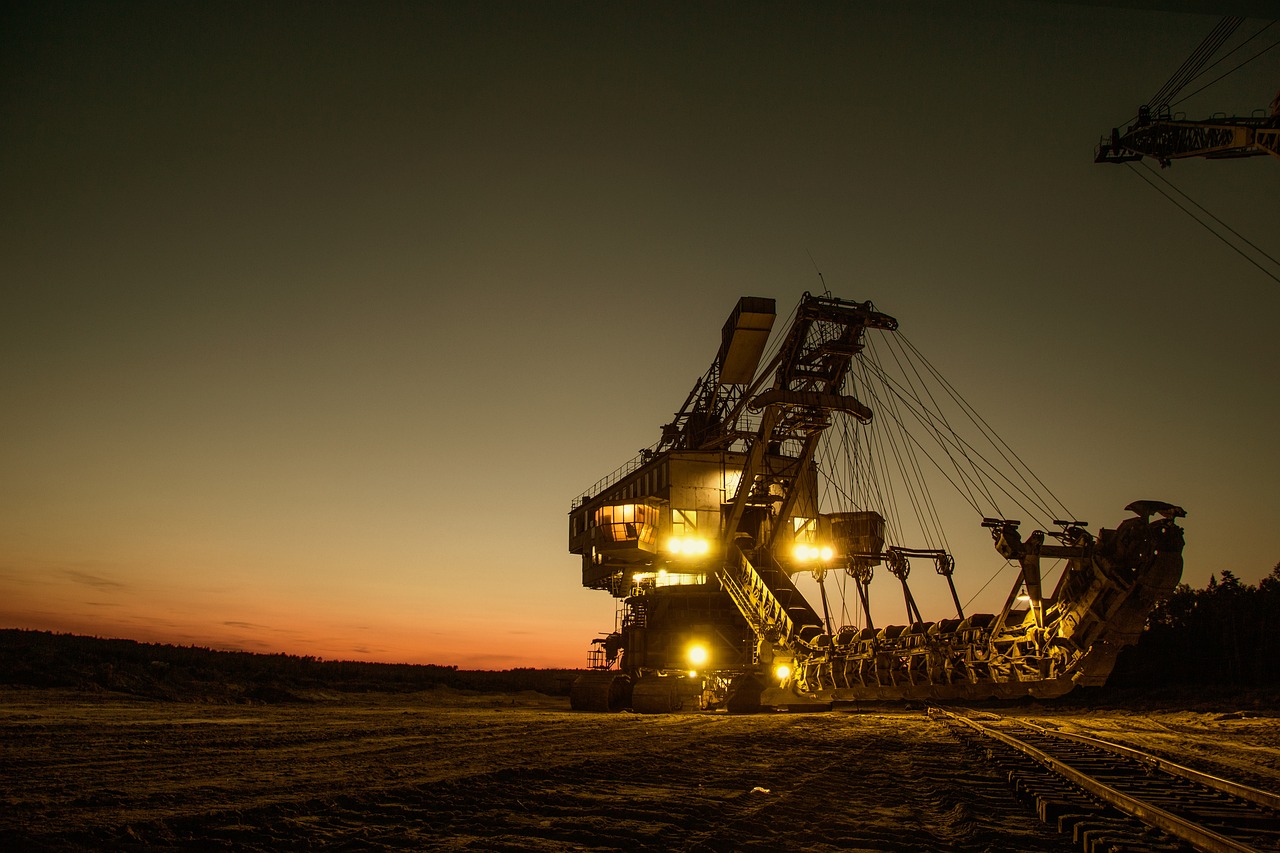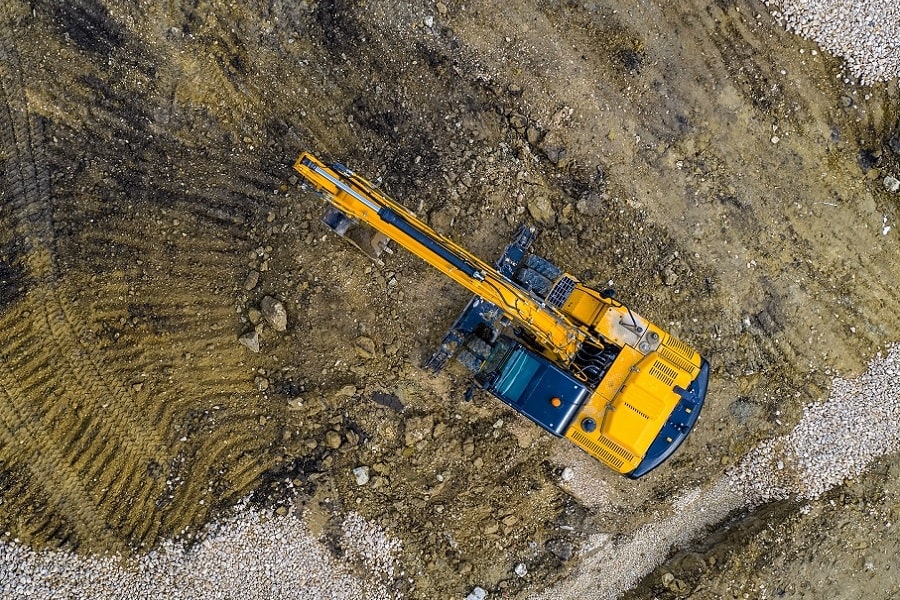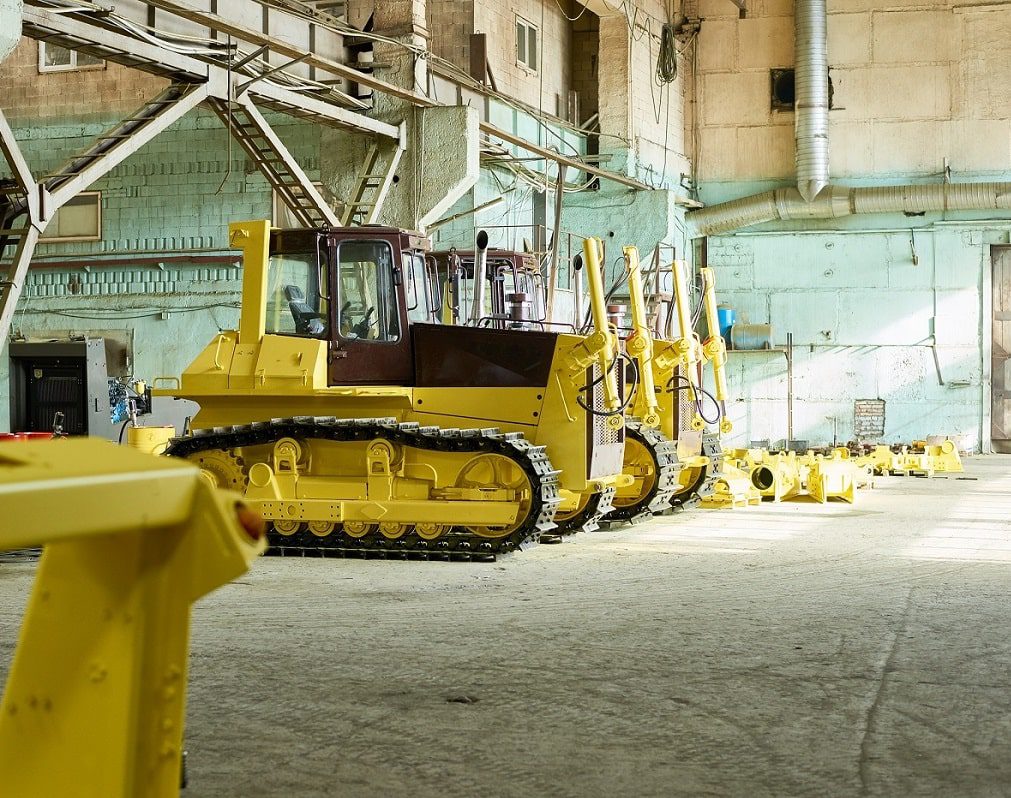Introduction
Forklifts are indispensable machines in numerous industries, playing a crucial role in material handling and logistics. Understanding how forklifts operate, their fuel options, and the industries that rely on them can help businesses make informed decisions about their equipment needs.
How a Forklift Works
A forklift is a powerful industrial truck used to lift and move materials over short distances. Here’s a breakdown of its key components and functionalities:
- Hydraulic System: The hydraulic system is the heart of a forklift. It consists of a pump, fluid reservoir, and hydraulic cylinders. When the operator activates the lift mechanism, the hydraulic pump pushes fluid into the cylinders, raising the forks.
- Mast and Carriage: The mast is the vertical assembly that raises and lowers the load. The carriage is mounted on the mast and holds the forks. The mast may be designed to tilt to aid in balancing loads and to maneuver in tight spaces.
- Forks: These are the horizontal prongs that directly lift the load. They are attached to the carriage and can be adjusted for different load sizes.
- Counterweight: To prevent the forklift from tipping over when lifting heavy loads, a counterweight is placed at the rear of the forklift.
- Steering and Controls: Forklifts typically have rear-wheel steering for enhanced maneuverability in confined spaces. The operator uses various controls to manage the forklift’s movements and lifting operations.

Fuel Types of Forklifts
Forklifts can be powered by different types of fuel, each offering distinct advantages depending on the application:
- Electric: Electric forklifts are powered by batteries and are ideal for indoor use due to their zero emissions and quieter operation. They are suitable for warehouses, food processing plants, and other environments where air quality and noise levels are critical.
- Diesel: Diesel forklifts are powerful and suitable for heavy-duty outdoor applications. They provide high torque and are used in construction, shipping yards, and industries requiring significant lifting capacity.
- LPG (Liquid Petroleum Gas): LPG forklifts offer a balance between electric and diesel types. They are versatile, can be used both indoors and outdoors, and produce fewer emissions than diesel. They are common in industries like warehousing, manufacturing, and retail.
- Gasoline: Gasoline-powered forklifts are less common but are used in some outdoor and heavy-duty applications. They offer similar advantages to diesel forklifts but with different fuel requirements.
Industries Where Forklifts Are Essential
Forklifts are critical in numerous industries, ensuring efficient material handling and logistics. Some of the key industries include:
- Warehousing and Distribution: Forklifts are the backbone of warehouses, aiding in the storage, retrieval, and transportation of goods. They optimize space and improve efficiency in order fulfillment processes.
- Manufacturing: In manufacturing plants, forklifts transport raw materials, components, and finished products. They streamline the production process by ensuring timely movement of materials.
- Construction: Construction sites rely on rough terrain forklifts and telehandlers to move heavy materials like bricks, steel beams, and concrete. These machines improve safety and efficiency on-site.
- Retail: Large retail stores and supermarkets use forklifts to stock shelves and manage inventory. They help in the quick movement of goods from storage to the sales floor.
- Agriculture: Telehandlers and rough terrain forklifts are essential in agriculture for moving feed, hay bales, and other materials. They are used in farms, ranches, and nurseries.
- Shipping and Logistics: Ports, rail yards, and freight terminals use forklifts to load and unload goods from ships, trains, and trucks. They ensure the smooth transfer of cargo.
Conclusion
Understanding how forklifts work, their fuel options, and the industries where they are essential helps businesses select the right equipment for their specific needs. Forklifts are indispensable in many industries, enhancing efficiency, safety, and productivity. Whether in a warehouse, construction site, or farm, these powerful machines play a vital role in modern material handling and logistics.




